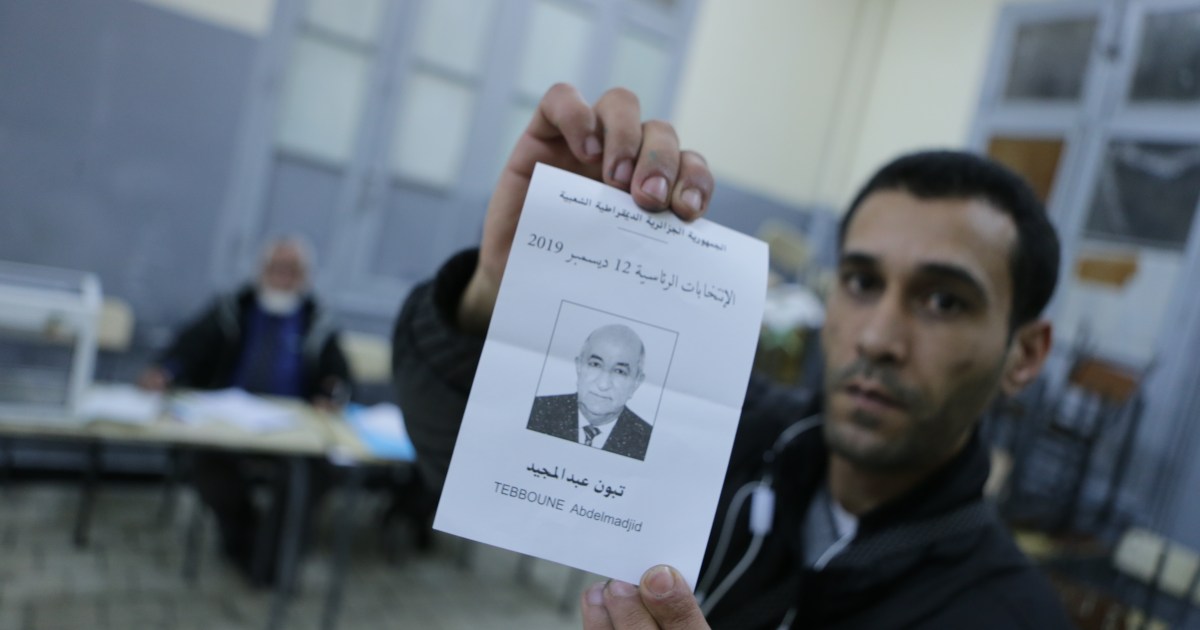The Algerian presidency stated that the date for the referendum on the draft constitution, which President Abdel-Majid Tebboune announced to amend, will be on the first of November.
In a brief statement, the presidency said that President Abdel-Majid Tebboune received the President of the Independent National Elections Authority, Mohamed Sharafi, who gave him a presentation on the ongoing preparations to organize the electoral benefits programmed, starting with the referendum on the draft amendment of the constitution.
It is customary to hold all elections in Algeria on Thursday, but the first of next November falls on a Sunday, which is a precedent, even though this date coincides with the celebration of the "Revolution Day", that is, the liberation war against French colonialism (1954-1962).
President Tebboune had previously announced that he would inaugurate the "Great Mosque of Algeria" and its 267-meter-high minaret, making it the third largest mosque in the world after the Grand Mosque in Mecca and the Prophet's Mosque in Medina in Saudi Arabia.
It is noteworthy that the amendment of the constitution drawn up by former President Abdelaziz Bouteflika was one of the most prominent electoral promises to Abdel Majid Tebboune, who promised a "profound" amendment to the constitution "that would reduce the powers of the president of the republic, protect the country from individual rule, ensure separation of powers, create balance between them, tighten the fight against corruption and protect freedom." Pretending. "
In January, Abdel Majid Tebboune - who was elected on December 12th - formed a committee of experts in law charged with preparing a draft that would be presented for public consultations and discussion by Parliament, and then to a public referendum.
The committee’s report included 73 proposals divided into 6 axes, including “strengthening the separation and balance of powers,” that is, those relating to the powers of the president, prime minister and parliament.
The activists of the popular movement and some opposition parties refused to participate in these consultations, and demanded transitional institutions to be charged with preparing a new constitution and not amending what they described as "Bouteflika's constitution."

